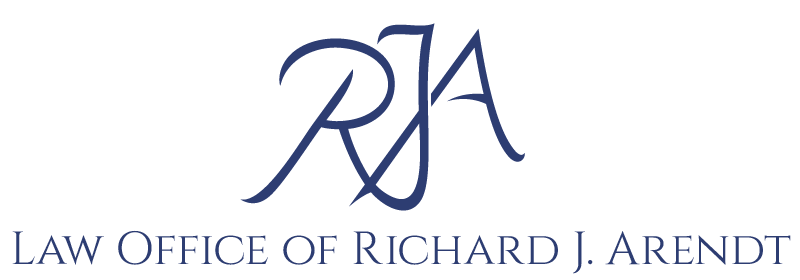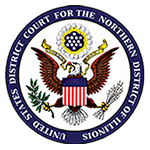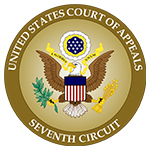Many people fail to develop a comprehensive estate plan despite its valuable role in protecting the financial legacy that took a lifetime to build.
Why develop an estate plan?
The decisions covered by an estate plan are some of the most important decisions a person must make, including:
- Delineate which of your assets should pass to which loved ones at death?
- Provide a smooth transfer of your assets to your loved ones.
- Who should care for your children if something should happen to you?
- Designates the person entrusted to step into your shoes and facilitate business and financial affairs upon your death.

- Ensure protection of your assets from creditors or the creditors of your heirs upon your death.
- Estate planning identifies and handles avoidable tax consequences.
- Alleviates the expense your loved
one is responsible for during a contested probate proceeding. - Identifies who is responsible for your business and financial affairs upon your death.
- Identifies who will be responsible for medical decisions if you should become incapacitated by a severe accident or illness before your death.
- An Estate plan includes a business succession plan and smooth dissolution of the business or business ownership transfer.
Estate Planning Cost
The cost associated with constructing an estate plan is nominal compared to not having a significant estate plan. According to your wishes, a will or living trust can ensure that the wealth you have spent a lifetime building is transferred to your loved ones when you pass away.
Committed to Protecting Your Legacy, Personal Dignity & Financial Security
Simple Will vs. Trusts:
- A will goes into effect when you die and specifies how you wish your property and assets transferred upon your death.
- A will is always at probate, which can be costly and time-consuming.
- The often-lengthy probate process can delay the availability of assets that your family may need to provide for their household expenses.
- While a simple will often is part of a comprehensive estate plan, other documents like a living trust may provide a mechanism to transfer assets that reduces the delay, administrative hassle, and cost associated with the probate process.
- When you die without a will (or a living trust), your family must deal with the legal complexities, costs, and delay of the probate process without clear direction regarding your intentions.
Living Will: The function of a living will is to indicate what medical procedures and extraordinary medical care you wish to have performed if you become terminally ill or permanently unconscious. A living will provide a mechanism for you to accurately articulate life-sustaining procedures you want to allow and those you do not wish to enable.
Power of Attorney: A power of attorney may deal with financial affairs or medical issues. A Power of Attorney’s function is to permit you to designate someone to act on your behalf when you are unavailable or incapacitated.
- A HealthCare power of attorney allows you to specifically empower someone to act and make decisions in your place if you should become incapacitated.
- A financial power of attorney can cover a broad spectrum of economic affairs, including signing contracts, paying bills, filing taxes, disposing of assets, etc.
Nearly everyone can benefit from asset protection and reducing the costs associated with legacy succession. Mr. Arendt will meet with you to discuss your goals while reviewing your assets and financial affairs so he can devise an estate plan that provides financial security for you and your loved ones.
We offer a no-obligation free consultation so that we can evaluate your situation and determine your needs. Call us today at (312) 642-9606 to schedule your initial consultation or visit us at https://rjarendtlaw.com












